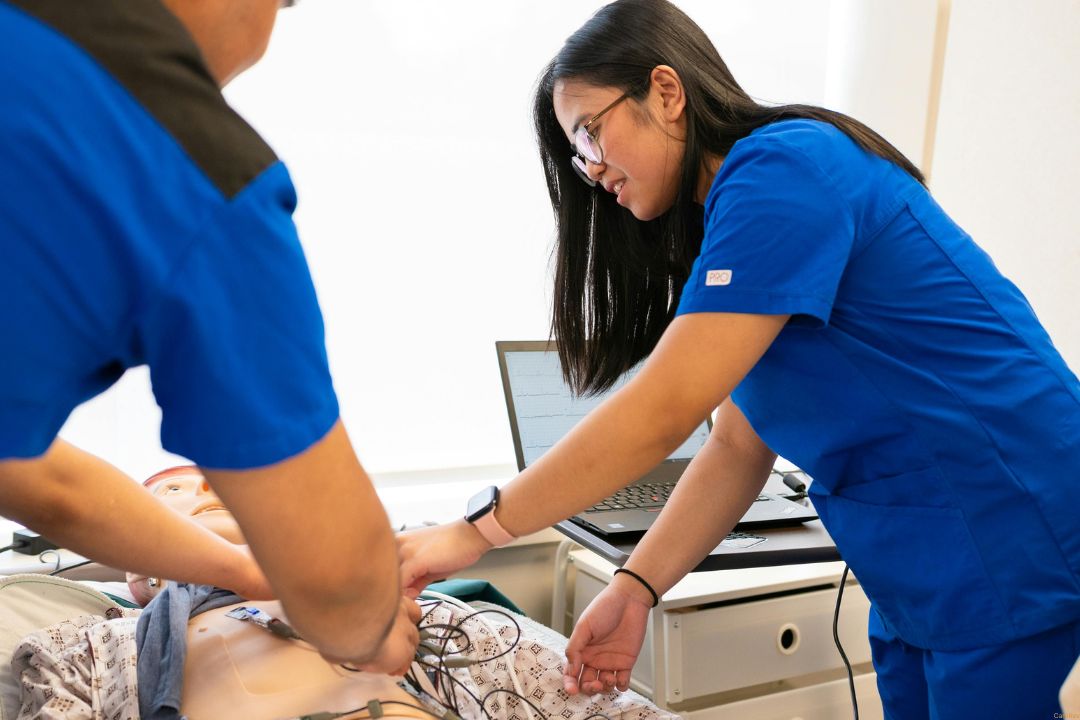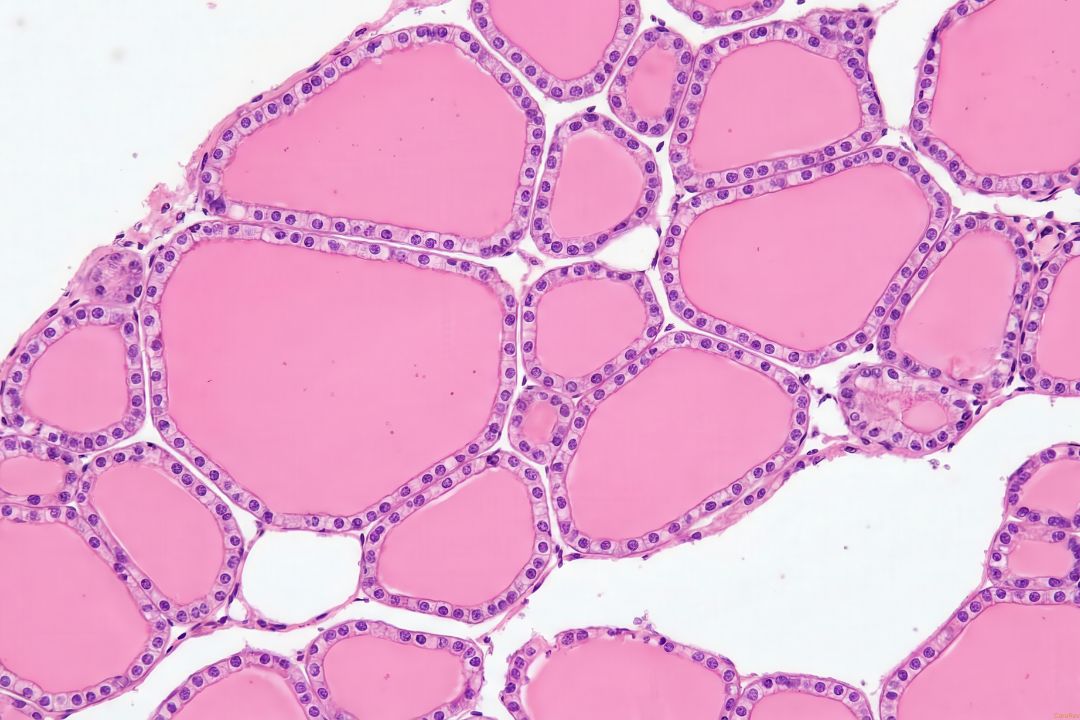
In the ever-evolving field of healthcare, nurses play a crucial role in patient care and well-being. To excel in this dynamic profession, it's essential to stay updated with the latest knowledge and skills. One effective way to do this is by obtaining nurse certifications. These certifications not only enhance your expertise but also open up new career opportunities. In this blog, we'll provide you with a comprehensive nurse certification list, outlining various specializations and the benefits they offer registered nurses and other healthcare professionals.
Explore the article:
- Nurse certification list
- Specialty nursing certificate programs
- Choosing the right certification for you
Nurse certification list
Certified Nursing Assistant (CNA):
Certified Nursing Assistants are the backbone of patient care in many healthcare settings. Becoming a CNA requires completing a state-approved training program and passing an examination. CNAs provide basic care, such as bathing, dressing, and feeding patients, and can work in hospitals, nursing homes, and home healthcare.
Licensed Practical Nurse (LPN) or Licensed Vocational Nurse (LVN):
LPNs/LVNs provide more advanced care than CNAs. They administer medications, monitor patients, and assist with wound care. To become an LPN or LVN, you must complete a state-approved program and pass the NCLEX-PN exam.
Registered Nurse (RN):
Becoming an Registered Nurse is a significant step in a nursing career. RNs can work in various healthcare settings and are responsible for patient assessment, medication administration, and treatment planning. To become an RN, you need to earn an associate degree in nursing (ADN) or a bachelor of science in nursing (BSN) and pass the NCLEX-RN exam.
Certified Pediatric Nurse (CPN):
Pediatric nurses care for infants, children, and adolescents. The CPN certification demonstrates your expertise in pediatric nursing. To obtain this certification, you must be an RN with at least 1,800 hours of pediatric clinical experience and pass the CPN exam.
Learn more about becoming a CPN
Certified Medical-Surgical Registered Nurse (CMSRN):
Medical-surgical nurses handle a wide range of adult patient care. The CMSRN certification signifies proficiency in this specialty. To earn the CMSRN certification, you need to be an RN with at least two years of medical-surgical nursing experience and pass the CMSRN exam.
Certified Critical Care Registered Nurse (CCRN):
Critical care nurses work in intensive care units (ICUs) and deal with critically ill patients. The CCRN certification demonstrates your ability to provide specialized care in this challenging environment. To earn this certification, you must be an RN with at least 1,750 hours of direct patient care in critical care and pass the CCRN exam.
Learn more about Critical Care Nurse Certification
Certified Nurse Practitioner (CNP):
Nurse practitioners (NPs) have advanced training and can diagnose, treat, and manage various health conditions. Earning a CNP certification requires completing a graduate-level nurse practitioner program and passing a certification exam specific to your chosen specialty (e.g., family, pediatric, adult-gerontology).
Certified Nurse Midwife (CNM):
Certified Nurse Midwives provide care to pregnant women, assist with childbirth, and offer reproductive health services. To become a CNM, you must complete a nurse-midwifery program accredited by the American College of Nurse-Midwives (ACNM) and pass the CNM certification exam.
Learn more about the role of a Certified Nurse Midwife
Certified Registered Nurse Anesthetist (CRNA):
Certified Registered Nurse Anesthetists are responsible for administering anesthesia to patients in a variety of medical settings. To become a CRNA, one must complete a specialized nurse anesthesia program accredited by the Council on Accreditation of Nurse Anesthesia Educational Programs (COA) and pass the CRNA certification exam. CRNAs play a crucial role in ensuring patient comfort and safety during surgical procedures, pain management, and other medical interventions involving anesthesia.
Learn more about becoming a CRNA
Certified Nurse Specialist (CNS):
A clinical nurse specialist (CNS) is a type of advanced practice registered nurse (APRN) who specializes in improving patient outcomes and enhancing nursing practices. Unlike nurse practitioners (NPs), who typically focus on direct patient care, CNSs have a broader scope that includes consulting with nursing staff, implementing evidence-based practices, and improving healthcare systems.
Learn more about becoming a Certified Nurse Specialist
Nurse certifications not only validate your expertise but also boost your career prospects and earning potential. Whether you're just starting your nursing journey or looking to specialize in a particular area, this nurse certification list serves as a guide to help you choose the right path. Remember that staying committed to lifelong learning is a hallmark of a successful nursing career, and obtaining certifications is an excellent way to demonstrate your dedication to providing quality patient care.
Exploring specialty nursing certificate programs
Nursing is a dynamic and multifaceted field that offers a wide range of career opportunities. Whether you're a novice nurse or a seasoned professional, pursuing nursing certification programs can enhance your knowledge, skills, and career prospects. In this blog, we'll delve into various nursing certificate programs, each catering to specific specialties and areas of expertise.
Wound Care Nurse Certification
Why choose it: Wound care nurses specialize in assessing, treating, and preventing various types of wounds. This certification equips you with in-depth knowledge of wound management techniques, helping you provide better care to patients with complex wounds.
Learn more about Would Care Certification
Trauma Nurse Certification
Why choose it: Trauma nurses work in high-pressure environments, providing critical care to patients with severe injuries. This certification enhances your skills in trauma assessment and management, making you an invaluable asset in emergency departments and trauma centers.
Learn more about Trauma Nurse Certification
Nurse Educator Certification
Why choose it: Nurse educators play a pivotal role in shaping the future of nursing. This certification prepares you to teach and mentor aspiring nurses, helping to nurture the next generation of healthcare professionals.
Learn more about Nurse Educator Certification
Critical Care Nurse Certification
Why choose it: Critical care nurses work in intensive care units (ICUs) and manage critically ill patients. Earning this certification demonstrates your expertise in critical care nursing, ensuring the highest level of patient care.
Learn more about Critical Care Nurse Certification
Emergency Nurse Certification
Why choose it: Emergency nurses are the first point of contact for patients in crisis. This certification hones your skills in triage, rapid assessment, and emergency interventions, making you an essential member of any emergency healthcare team.
Learn more about Emergency Nurse Certification
Nursing Leadership Certification
Why choose it: Nursing leaders are instrumental in healthcare management and policy. This certification prepares you for leadership roles by teaching advanced leadership and management skills, essential for improving patient care and outcomes.
Learn more about Nursing Leadership Certification
Oncology Nursing Certification
Why choose it: Oncology nurses provide care to cancer patients and their families. Earning this certification demonstrates your commitment to delivering specialized care in the challenging field of oncology.
Learn more about Oncology Nursing Certification
Orthopedic Nurse Certification
Why choose it: Orthopedic nurses focus on musculoskeletal health. This certification equips you with expertise in caring for patients with orthopedic conditions, from fractures to joint replacements.
Learn more about Orthopedic Nurse Certification
Practical Nursing Certificate
Why choose it: Practical nursing programs are ideal for those looking for a quicker entry into the nursing field. These programs provide fundamental nursing skills and knowledge.
Learn more about Practical Nursing Certification
Specialist in Poison Information (SPI)
Who choose it: A nurse might want to obtain her SPI certification to enhance her expertise in toxicology, advance her career, and play a critical role in improving patient outcomes during poisoning emergencies.
Learn more about SPI Certification
Stroke Certification for Nurses
Why choose it: Stroke nurses are specialized in caring for patients with stroke-related conditions. This certification enhances your ability to provide comprehensive stroke care, improving patient outcomes.
Learn more about Stroke Certifications for Nurses
Cardiac Nurse Certification
Why choose it: Cardiac nurses focus on patients with heart-related conditions. This certification covers advanced cardiac assessment, treatment, and intervention, crucial in the care of heart patients.
Learn more about Cardiac Nurse Certification
CPAN Certification
Why choose it: CPAN certification, short for Certified Post Anesthesia Nurse, holds a pivotal role in the realm of nursing, specifically within the Post-Anesthesia Care Unit (PACU). This specialized certification is a mark of excellence and proficiency for nurses who work in the critical phase of patient recovery after surgery.
Learn more about CPAN Certification
CPI Certification Nursing
Why choose it: Crisis Prevention Institute (CPI) certification teaches nurses (and other healthcare professionals) techniques to prevent and manage challenging behaviors in healthcare settings, ensuring patient and staff safety.
Learn more about CPI Certification
ER Nurse Certifications
Why choose it: Emergency room nurses can pursue various certifications such as CEN (Certified Emergency Nurse) to demonstrate their expertise in emergency care.
Learn more about ER Nurse Certifications
Labor and Delivery Nurse Certification
Why choose it: Labor and delivery nurses specialize in childbirth and maternity care. Certification in this field enhances your skills in prenatal, labor, and postpartum care.
Learn more about Labor and Delivery Nurse Certification
Medical Surgical Nursing Certification
Why choose it: Medical-surgical nurses care for patients with a wide range of medical conditions. This certification validates your proficiency in medical-surgical nursing, a foundational specialty in nursing.
Learn more about Med-Surg Nursing Certification
Nursing Professional Development Certification
Why choose it: Nursing professional development (NPD) specialists play a vital role in helping nurses advance their knowledge and skills. This certification validates your expertise in the field of professional development, ensuring you are equipped to mentor, educate, and guide other nurses throughout their careers.
Learn more about Nursing Professional Development Certification
Certified Asthma Educator (AE-C) Certification
Why choose it: Asthma educators specialize in helping patients better understand and manage their condition through education, prevention strategies, and personalized care plans. Earning the AE-C certification demonstrates your advanced knowledge in respiratory health and your commitment to improving patient outcomes.
Learn more about becoming a Certified Asthma Educator
Certified Ambulatory Perianesthesia Nurse (CAPA) Certification
Why choose it: CAPA-certified nurses are experts in caring for patients before and after anesthesia in outpatient or ambulatory settings. This certification highlights your specialized skills in patient assessment, monitoring, and recovery, demonstrating your dedication to safety and excellence in perianesthesia care.
Learn more about Certified Ambulatory Perianesthesia Nurse Certification
Deciding on the right nursing certification for you
Nursing certification programs offer a pathway to expertise and career advancement in the diverse field of nursing. Whether you're passionate about wound care, emergency medicine, leadership, or any other nursing specialty, there's a certification program tailored to your interests and goals. By obtaining these certifications, you not only enhance your skills but also contribute to the quality of patient care in healthcare facilities worldwide. So, embark on your certification journey and elevate your nursing career to new heights.
Want to learn about nursing and other in-demand healthcare professions? Explore professions with shifts offered through the CareRev App.





